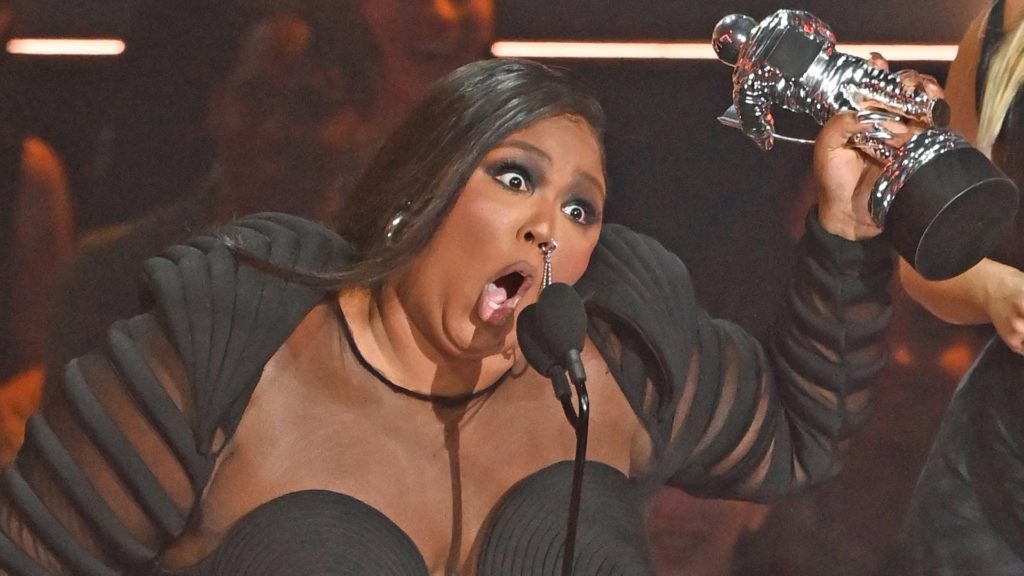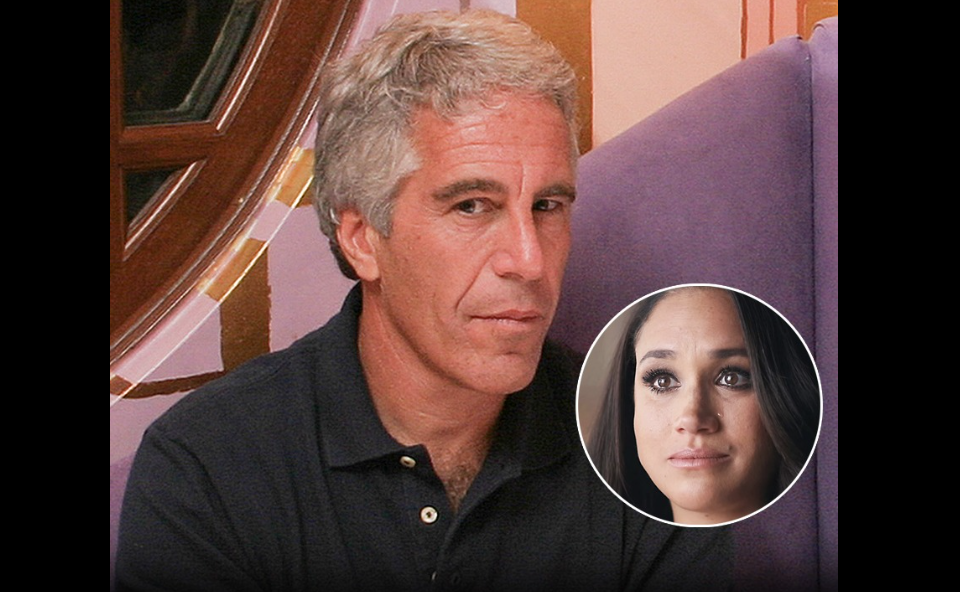During a candid interview with Vanity Fair, Lizzo shared her perspective on the music she creates, emphasizing that her work is a reflection of her personal experiences as a Black woman. The 34-year-old artist, known for blending genres like hip hop, gospel, and R&B, has produced chart-topping hits such as “Good as Hell” and “About Damn Time.” These songs have achieved massive popularity, resonating with audiences across different demographics.
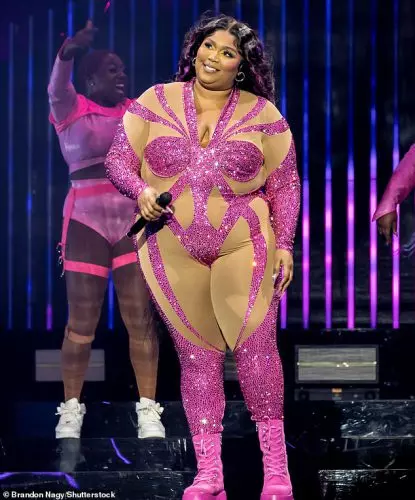
Addressing claims about the intended audience for her music, Lizzo firmly stated, “I am not making music for white people. I am a Black woman. I am making music from my Black experience.” She explained that her songs are deeply personal, created as a means of healing and expressing her own journey through life. Lizzo also highlighted her desire to inspire young Black individuals, advocating for more self-love and empowerment within the community. “We need self-love and self-love anthems more than anybody,” she said. “Am I making music for that girl who looks like me, who grew up feeling underappreciated and made to feel unbeautiful? Yes.”
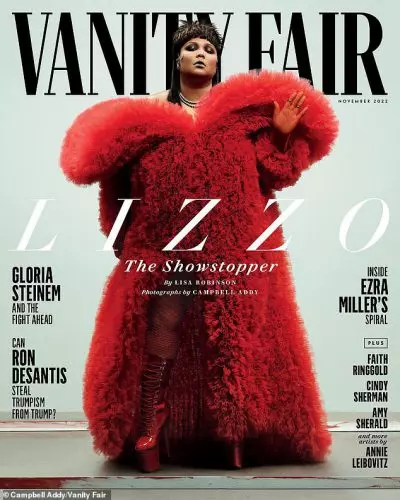
Lizzo acknowledged a complex reality for Black artists as they gain mainstream success, often performing for audiences that may not reflect their cultural roots. “When Black people see a lot of white people in the audience, they think, ‘Well, this isn’t for me. This is for them.’ The thing is, when a Black artist reaches a certain level of popularity, it’s going to be a predominantly white crowd,” she said. Despite this, Lizzo emphasized her commitment to creating authentic music rooted in her identity and experiences.
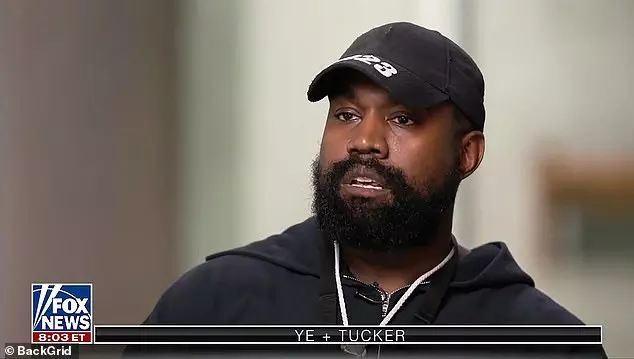
The conversation around Lizzo’s artistry took another turn when Kanye West commented on her weight during an interview on Fox News. West claimed that societal acceptance of being overweight was “clinically unhealthy” and described such promotion as “demonic.” He linked these perceptions to broader issues affecting the Black community, calling it “a genocide of the Black race.”
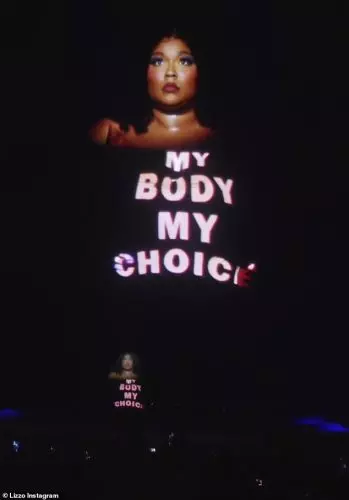
In response, Lizzo addressed the comments during a concert at Scotiabank Arena, saying, “I feel like everybody in America got my name in their mouth for no reason.” While she did not directly engage with West’s remarks, her response underscored her focus on staying true to her music and message.
Lizzo continues to inspire fans worldwide with her empowering anthems, unyielding self-expression, and dedication to spreading messages of love and acceptance. Her work remains a testament to the power of music as a means of personal and collective healing.
